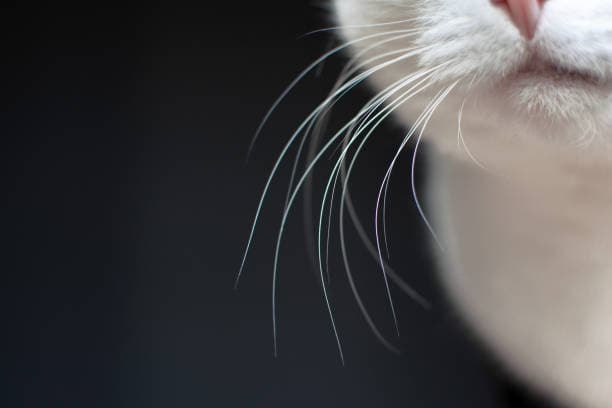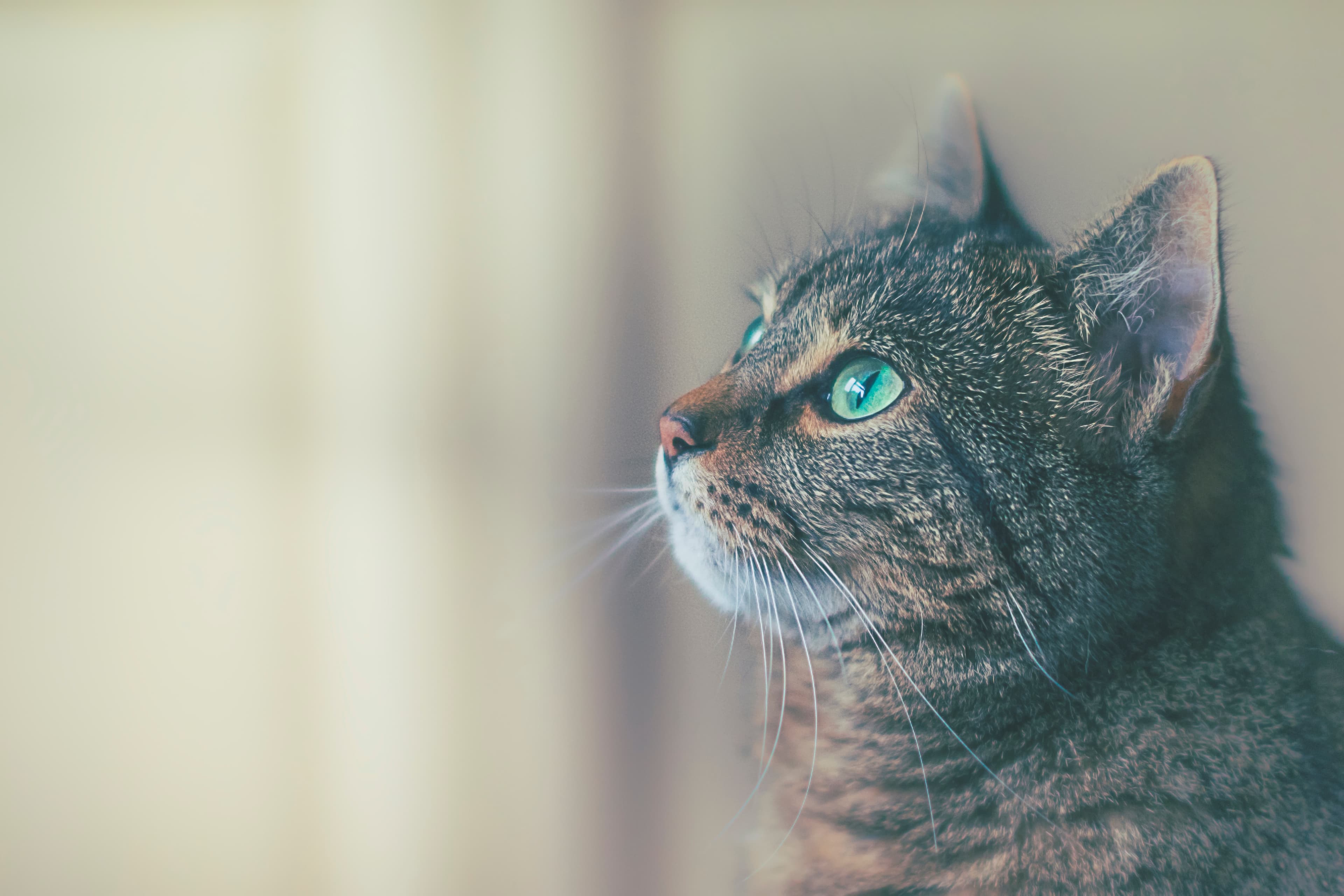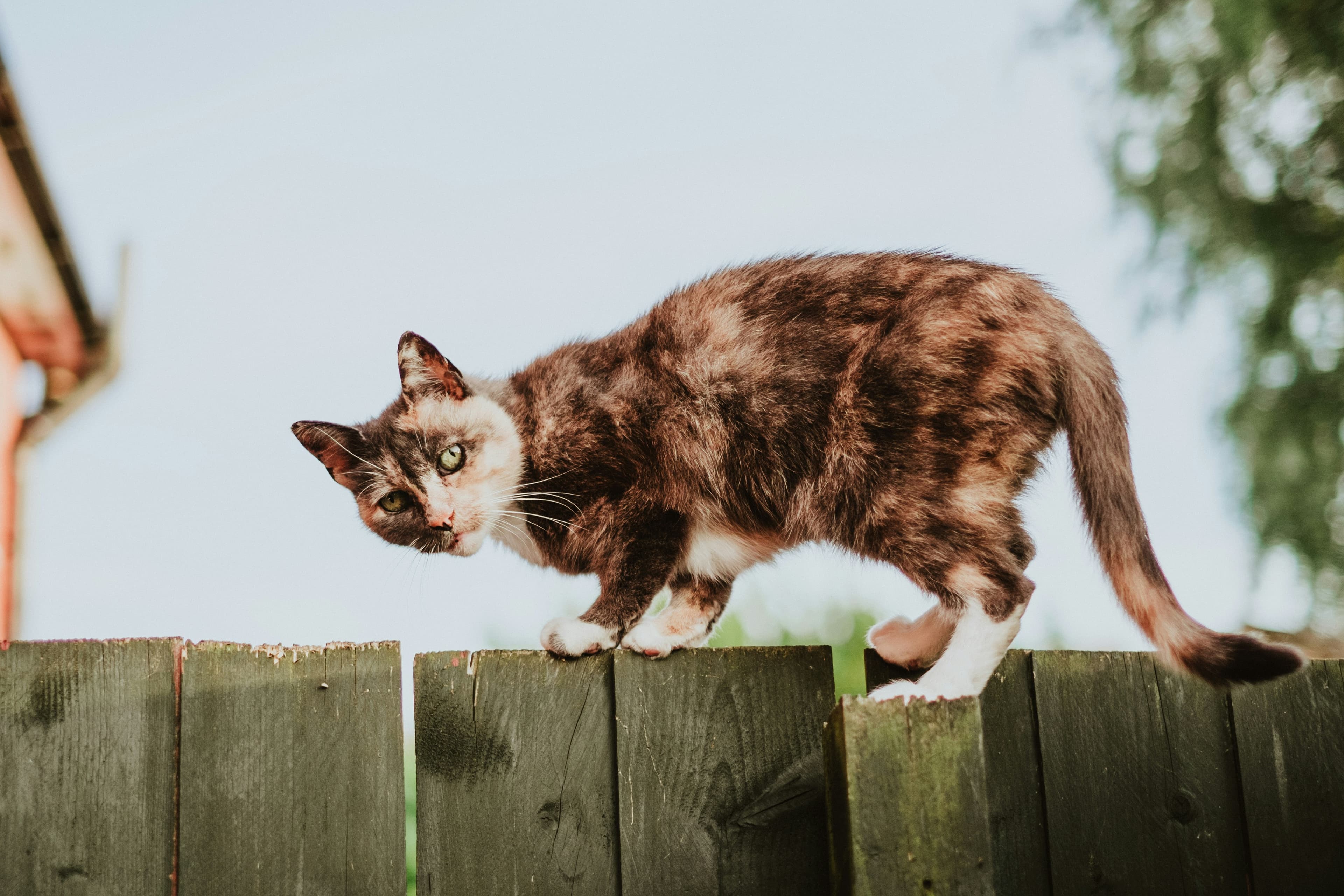
Back to Cat Insider
Cat Guides

Don't know your cat's breed?
Get our DNA kit!
Why do cats have whiskersRead more
The muzzles of our feline friends, as well as the ones of other animals (rodents, dogs, seals), have long and thick whiskers. Animal whiskers, as they're commonly called, say a lot about their health.

What Do Cats Think About All Day?Read more
Cats have been with us since time immemorial. The expression of the cat's face is not as expressive as that of a dog, so the owners want to know what their pet is thinking at the moment and whether he is thinking at all.

Average Cat Weight: Norms for Domestic CatsRead more
Maintaining your cat at a perfect weight is crucial for stopping a variety of fitness troubles and ensuring a highly satisfactory lifestyle. This article discusses the ideal weight for a cat, considering different breeds and weight categories.

